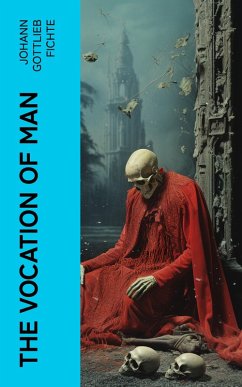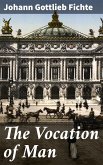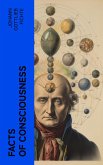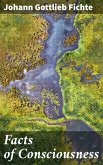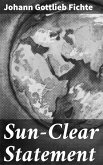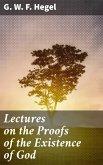In this book, Gottlieb seeks to explain why humans are here on Earth and what our purpose and duty are. The book is divided into 3 sections, Doubt, Knowledge, and Faith, all of which Fichte argues influence the way humans act and think.
Dieser Download kann aus rechtlichen Gründen nur mit Rechnungsadresse in A, B, BG, CY, CZ, D, DK, EW, E, FIN, F, GR, H, IRL, I, LT, L, LR, M, NL, PL, P, R, S, SLO, SK ausgeliefert werden.

